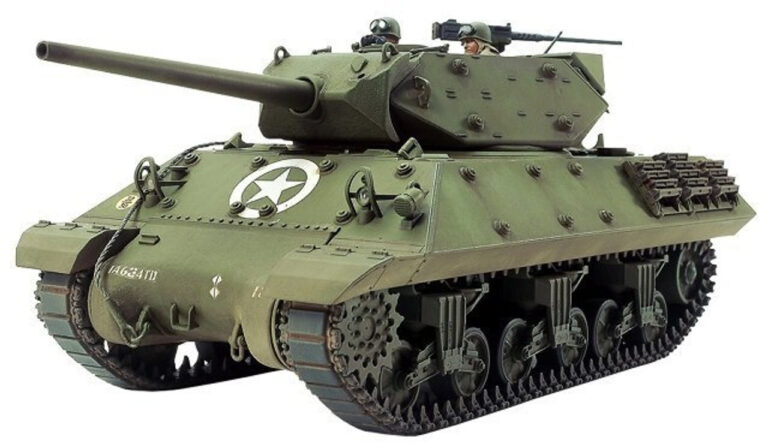Understanding the Definition of a Veteran in the Military
What makes someone a veteran in the military? The definition can sometimes be confusing. Many people think a veteran is just someone who fought in a war. But it is more than that.
The definition of a veteran in the military includes anyone who served in the armed forces. They could have served during peacetime or wartime. They could have been in any branch of the military.
It’s important to understand this definition to properly honor and support our veterans. Let’s explore what it truly means to be a veteran. Read on.
Legal Definition of a Veteran
The legal definition of a veteran is outlined by federal law. According to the U.S. Code, a veteran is someone who has served in the active military, naval, or air service. They need to have been discharged under conditions other than dishonorable.
This definition is essential for benefits and services. Veterans are eligible for things like healthcare, education, and housing benefits. The eligibility rules ensure that those who serve our country receive the support they deserve.
The legal definition also helps various agencies. They use this definition to determine who qualifies for veteran-specific programs. It’s a way to make sure resources are given to the right people.
The Different Types of Veterans
Within this general definition, there are also different types of veterans based on their length and type of service. These include:
Peacetime Veterans
Those who served during a time of peace, meaning when the country was not involved in any major conflicts. To be considered a peacetime veteran, one must have served at least 180 days of continuous active duty during a time of peace.
Wartime Veterans
Those who served during a time of war were officially designated by the government. This includes World War II, the Korean War, the Vietnam War, and the Gulf War. To be considered a wartime veteran, one must have served for at least 90 days of continuous active duty during that specific conflict.
Combat Veterans
Those who were involved in combat or served in a designated combat zone during their service. These individuals may also qualify for additional benefits or services. In order to be considered a combat veteran, one must have received either the Combat Infantryman Badge or the Combat Action Ribbon.
Non-Combat Veterans
Those who did not experience direct combat but still served in a designated combat zone. These individuals may also have been exposed to hazardous or life-threatening situations during their service. They can still be considered veterans and may qualify for certain benefits.
Reservists and National Guard Members
These individuals serve part-time in the military but are still considered veterans if they meet the eligibility criteria. This includes those who were called to active duty during a time of war or national emergency, as well as those who completed their full terms of service in the reserves or National Guard.
Veteran Eligibility Criteria
To be considered a veteran, you must meet certain criteria. You need to have served in any branch of the military. This includes the Army, Navy, Marines, Air Force, and Coast Guard.
You also need to have been discharged under conditions other than dishonorable. This is important for accessing benefits. A dishonorable discharge can disqualify you from being considered a veteran.
Service length can also matter. Some programs require you to have served a minimum number of days. This varies depending on the agency or benefit. Always check specific requirements for the services you need.
Military Personnel Classification
Military personnel are classified into different categories based on their roles and responsibilities. These categories include enlisted personnel, non-commissioned officers, and commissioned officers. Each of these groups plays a unique part in the military structure.
Enlisted personnel make up the bulk of the military workforce. They perform hands-on work and follow orders from their superiors. Their tasks can vary widely, from clerical work to combat roles.
Non-commissioned officers (NCOs) serve as leaders and supervisors for enlisted personnel. They have more experience and training. NCOs bridge the gap between enlisted personnel and commissioned officers.
Recognition and Benefits
Veterans deserve recognition for their service. They have made sacrifices to protect the country. Honoring them shows appreciation and respect.
Veterans are eligible for various benefits, including healthcare, education, and housing assistance. These benefits aim to support veterans in their post-military life, acknowledging their service and sacrifices. Eligibility for these benefits can depend on factors such as length of service, discharge status, and whether the veteran served during wartime.
Recognition and benefits go hand in hand. When veterans are recognized, they feel appreciated. The benefits provided give them the tools they need to thrive.
Veterans and Society
Veterans play a crucial role in our society. They have protected our freedoms and rights. Their bravery and dedication deserve our utmost respect.
When veterans return to civilian life, they often need support. This includes jobs, housing, and mental health services. Society has a duty to help them reintegrate.
Honoring veterans strengthens our communities. Public events and parades celebrate their service. Schools can teach students about the importance of veterans’ contributions.
Honoring Our Veterans
Honoring our veterans is a way to show respect and gratitude. They sacrificed so much for our country. We owe them a lot for their service.
Honoring veterans involves recognizing their service and sacrifices. This can be done through public ceremonies, personal acknowledgments, and providing support for their needs. By understanding what it means to be a veteran, we can better honor and support those who have served.
For more stories and ways to help check out this veterans blog. It’s full of useful information. Learn how you can make a difference in a veteran’s life.
Embracing the Full Definition of a Veteran in the Military
Embracing the full definition of a veteran in the military is vital to ensure proper recognition and support. Acknowledging their diverse roles and experiences allows us to fully appreciate their contributions.
By understanding the legal and societal aspects of what constitutes a veteran, we can better honor their service through tailored benefits and community support. Let’s continue to uphold and respect the true definition of a veteran in the military for their unwavering commitment to our country.
Discover inspiring stories and valuable insights. Visit our blog to learn more about how you can support our veterans today!







